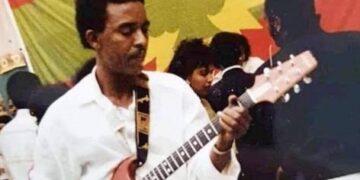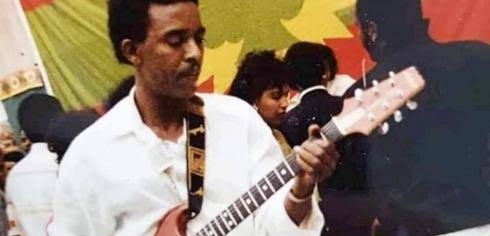By John Ikani
Legendary singer Nuho Gobana on Tuesday left the company of the living after being ill for a long time.
The 74-year-old artiste had been ill for some time – and when his fans realised the seriousness of his situation a few months ago, they bought him a house in Adama, east of the capital, Addis Ababa, where he died on Tuesday night.
He had a long career that saw him produce timeless classics, including many songs urging the Oromo people to find their strength and unite to demand change.
The Oromo ethnic group, despite being Ethiopia’s largest, was marginalised by successive Ethiopian rulers until Prime Minister Ahmed Abiy came to power a few years ago.
During the Marxist military dictatorship of the 1980s, the musician left Ethiopia, living as a refugee in a number of countries including Djibouti, Saudi Arabia, and Canada.
Nuho didn’t just sing in Afaan Oromoo, writing lyrics in other Ethiopian languages and in Arabic when he was abroad.
“Back then, Nuho was doing songs to empower his people. His music was easily memorable,” his long-time friend and notable musician Elemo Ali recalls of their life in Saudi Arabia.
Another of his friends, Abdo Alisho, has spoken of how powerful his songs were: “They made you love your country. Nuho lived for his people.”
Speaking to the BBC from hospital bed two years ago, the musician had the same message to his fans: ”Keep your unity strong.”
One of his most famous songs was Tokkummaa, which means unity in Afaan Oromoo – and which was also the title of a popular Hachalu hit.
The iconic singer would also be remembered for influencing younger Oromo singers like Hachalu Hundessa, who was killed in 2020 and whose songs had become anthems in a wave of protests that led to the downfall of Mr Abiy’s predecessor.



































